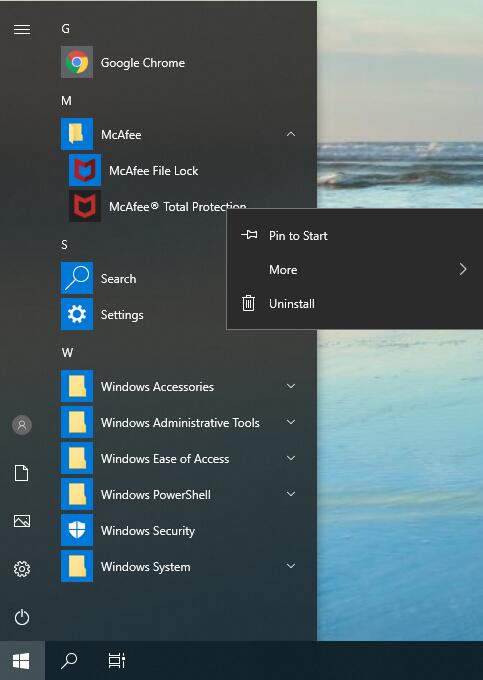
Windows Update Folders: This actually comes straight out of a Microsoft KB article-you’ll notice that they don’t recommend it, because they can’t do that in case somebody writes a special virus for the purpose of suing them, but the same principle applies. If you’ve ripped your own CDs or downloaded from somewhere legitimate like Amazon, then you can safely exclude your music folder. Legitimate Music Folders: If you’re downloading music from shady sources, this does not apply. Personal Photo/Video Folders: Got you have a massive library of photos or videos that you’ve taken with your digital camera? As long as you only use this location for files copied from your SD card, there’s no reason to be scanning it and slowing your PC down while doing photo editing. Subversion / TortoiseSVN Folders: Have you ever tried to do a big checkout of a source control project and had it fail? There’s a good chance that it’s conflicting with your antivirus application. This is actually what prompted this article, and probably the only significant performance boost out of the things we’re mentioning. Virtual Machine Directories: If you’re using VMware or VirtualBox, you should make sure those locations are excluded. 

Here’s a few examples of some things you may consider excluding:


The general idea is that if you have some applications that are writing to the hard drive constantly, you should probably exclude the folders they are writing or reading from, as long as those applications are trusted and safe.įor example, if you’re using a virtual machine, which does both reads and writes from the hard drive on a fairly constant basis, you should make sure your antivirus application is not scanning those files and folders.








 0 kommentar(er)
0 kommentar(er)
